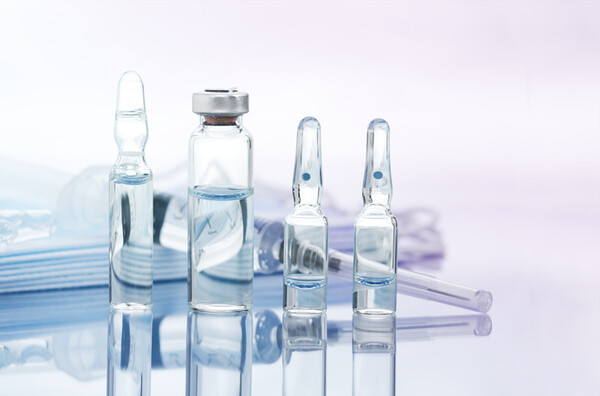Novartis Korea has received a three-month import suspension order from the Ministry of Food and Drug Safety (MFDS) for Simulect Injection (basiliximab) due to a foreign substance contamination incident last year.
Novartis Korea said it would do its best to supply the product so patients are not harmed.

The MFDS imposed a three-month import suspension on Novartis Korea on March 8. As a result, Novartis Korea cannot import the product from March 11 to June 10.
The suspension was based on Article 62 Paragraph 11 Article 76 of the Pharmaceutical Affairs Act and Article 95 of the Rules on the Safety of Drugs and Other Medicines and was due to Novartis Korea's failure to meet strict standards for drug safety and quality control, ministry officials said on Thursday.
Simulect Injection is an interleukin (IL)-2 inhibitor used in induction therapy to prevent rejection in kidney transplant patients. According to the MFDS, Korea’s imports of Simulect Injection were estimated at 4.9 billion won ($3.7 million) in 2022. The average import for the past five years, from 2018 to 2022, was valued at about 4.8 billion won.
The suspension is the MFDS' follow-up measure for last year's foreign substance contamination incident. In April last year, Novartis Korea recalled the product after it was confirmed that the attached solvent (water for injection) might contain glass particles. The ministry also distributed a safety letter to medical and pharmaceutical professionals.
Regarding last year's foreign substance contamination incident and the recent import suspension, Novartis Korea said, "Last year's recall of Simulect was not caused by an abnormality in the Simulect product itself, but was related to the accompanying attachment solvent, and was subject to disposal because nonconforming results were confirmed in some test items of the attachment solvent."
The voluntary recall of the accompanying solvent for Simulect Injection was completed on March 15 this year, and the company believes that the likelihood of any disruption in the product supply to patients as a result of this administrative action is very low.
Concerning the administrative penalty, which came more than a year after the incident and subsequent voluntary recall, Novartis Korea explained that it was the result of coordinating with the regulatory agency, the Ministry of Food and Drug Safety, to ensure that the drug's supply was not disrupted.
"Simulect is an immunosuppressive agent used in induction therapy to prevent acute graft rejection in kidney transplantation, and it has no substitute in certain transplant surgeries," a Novartis Korea official said.
The official continued, "We are taking all necessary steps to ensure that the product is available to transplant patients who need it and that they are not harmed. Regarding the attached solvent that was withdrawn last year, we proceeded with a license change to delete the attached solvent so that only the drug (Simulect vial) can be supplied without the attached solvent (ampoule), as was approved on Sep. 18, 2023."
In addition to Simulect Injection, Sanofi Aventis Korea's Thymoglobulin Injection (anti-human thymocyte rabbit immunoglobulin) is the only other induction therapy approved in Korea to suppress rejection in kidney transplant patients. However, Simulect Injection is preferentially prescribed due to its side effects, including the risk of infection.

